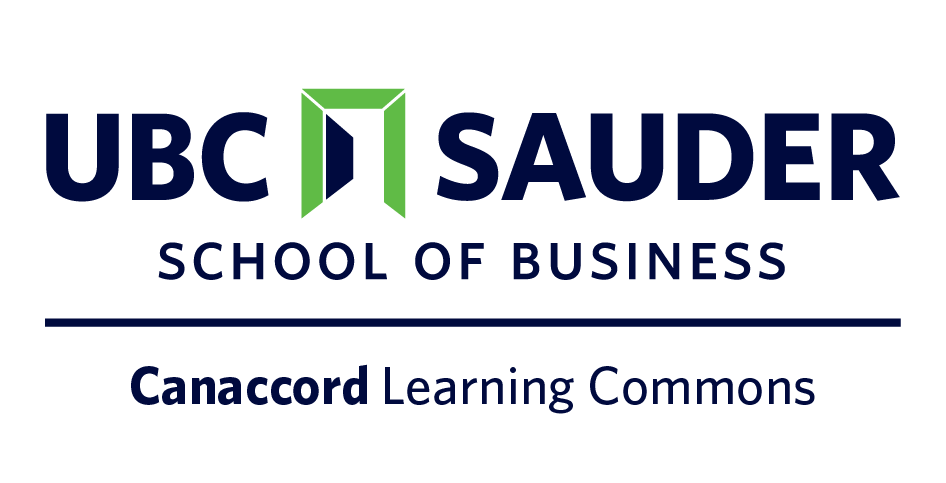This year, Science Literacy Week (September 20-26, 2021) has partnered with Environment and Climate Change Canada to explore climate: how climates have evolved over time, how those changes have impacted our lives, and how our climates might change in the future. UBC Library is pleased to present a special edition of our UBC Librarians Recommend series, in celebration of Science Literacy Week! UBC Library’s booklist focuses on climate change and climate action reads recommended by librarians in several of our branches. Check out this research guide for more information.
Here are some books at David Lam Library that are related to this important topic:
| Title | Summary |
| The sustainable economy: the hidden costs of climate change and the path to a prosperous future | With a focus on climate change, journalist and author Robert S. Devine reveals the fundamental flaws in the economy that enable environmental degradation. |
| Climate: a new story | Flipping the script on climate change, Eisenstein makes a case for a wholesale reimagining of the framing, tactics, and goals we employ in our journey to heal from ecological destruction. |
| Climate cover-up: the crusade to deny global warming | Hoggan examines the public relations circus that surrounds global warming, and uncovers the organized campaign, largely financed by the coal and oil industries |
| Carbon coalitions: business, climate politics, and the rise of emissions trading | Meckling explains how a transnational coalition of firms and a few market-oriented environmental groups actively promoted international emissions trading as a compromise policy solution in a situation of political stalemate. |
| This changes everything: capitalism vs. the climate | Explains why the environmental crisis should lead to an abandonment of “free market” ideologies and current political systems, arguing that a massive reduction of greenhouse emissions may offer a best chance for correcting problems. |
| Kochland: the secret history of Koch Industries and corporate power in America | The book tells the ambitious tale of how one private company consolidated power over half a century–and how in doing so, it helped transform capitalism into something that feels deeply alienating to many Americans today. |
| The big pivot: radically practical strategies for a hotter, scarcer, and more open world | The mega challenges of climate change, scarcity, and radical transparency threaten our ability to run an expanding global economy and are profoundly changing “business as usual.” But they also offer unprecedented opportunities: multi-trillion-dollar markets are in play, and the winners of this new game will profit mightily. |
| Frugal value : designing business for a crowded planet / Carina Millstone. | Frugal value contests the notion that companies can rise to the great challenges of our time by adopting so-called “sustainable business” practices. Instead, the acute ecological crisis requires an all-round rethink of what business does, and how it does it. |
| Balancing green : when to embrace sustainability in a business (and when not to) / Yossi Sheffi ; with Edgar Blanco. | How is a company supposed to embrace sustainability and environmental stewardship in this climate? Sheffi argues that there are three main reasons for corporate sustainability efforts, and none of them have to do with the actual environment. |
| The green executive : corporate leadership in a low carbon economy / Gareth Kane. | The Green Executive provides everything you need to know to develop a winning sustainability strategy and the leadership skills you require to implement that strategy. |
| Waste / Kate O’Neill. | Waste is one of the planet’s last great resource frontiers. From furniture made from up-cycled wood to gold extracted from computer circuit boards, artisans and multinational corporations alike are finding ways to profit from waste while diverting materials from overcrowded landfills. Yet beyond these benefits, this ‘new’ resource still poses serious risks to human health and the environment. |
| [Environment and sustainability (Peter Lang Publishing)] | This book contains theoretical and empirical researches written by academicians and researches in the field of environment and sustainability. In the contributions, the macro dimensions of environmental pollution such as economic growth, health sector and technological development are examined. |
| Change : organising tomorrow, today / Jay Naidoo. | In this book, Jay Naidoo harnesses his experience as a labour union organizer, government minister, social entrepreneur and global thought leader, and explores ways of solving some of the world’s biggest problems. Drawing from his experiences in South Africa, Nigeria, Brazil, Bangladesh and other countries, he presents a variety of options for ending poverty and global warming, with a focus on organizing in our communities and building change from below and beyond borders. |
| A world of three zeros: the new economics of zero poverty, zero unemployment, and zero net carbon emissions | Social critic Yunus declares it’s time to admit that the capitalist engine is broken– in its current form it inevitably leads to rampant inequality, massive unemployment, and environmental destruction. We need a new economic system that unleashes altruism as a creative force just as powerful as self-interest. He describes the new civilization emerging from economic experiments and describes the ingenious new financial tools now funding social businesses, while sketching the legal and regulatory changes needed to jumpstart the next wave of socially driven innovations. |
